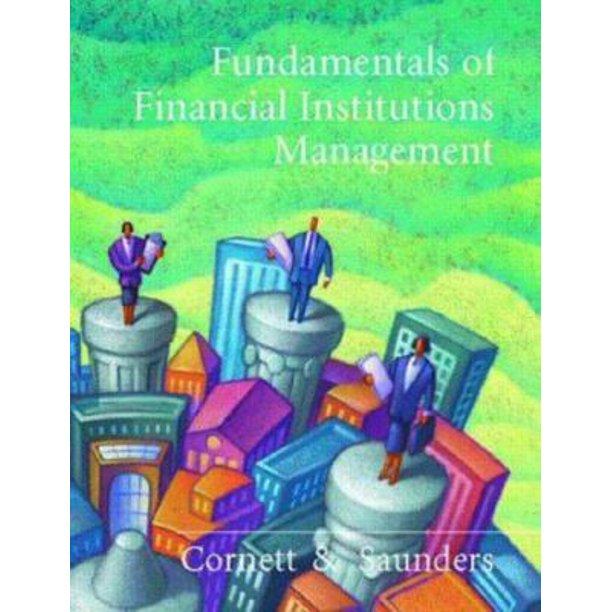Question
Download the data from the following data table Yearly returns from 1929-1940 for the S&P 500, small stocks, corporate bonds, world portfolio, Treasury bills, and
Download the data from the following data table
| Yearly returns from 1929-1940 for the S&P 500, small stocks, corporate bonds, world portfolio, Treasury bills, and inflation (as measured by the CPI). |
| ||||||
| Year | S&P 500 | Small Stocks | Corp Bonds | World Portfolio | Treasury Bills | CPI | |
| 1929 | 0.08906 | 0.43081 | 0.04320 | 0.07692 | 0.04471 | 0.00585 | |
| 1930 | 0.25256 | 0.44698 | 0.06343 | 0.22574 | 0.02266 | 0.06395 | |
| 1931 | 0.43861 | 0.54676 | 0.02380 | 0.39305 | 0.01153 | 0.09317 | |
| 1932 | 0.08854 | 0.00471 | 0.12199 | 0.03030 | 0.00882 | 0.10274 | |
| 1933 | 0.52880 | 2.16138 | 0.05255 | 0.66449 | 0.00516 | 0.00763 | |
| 1934 | - 0.02341 | 0.57195 | 0.09728 | 0.02552 | 0.00265 | 0.01515 | |
| 1935 | 0.47221 | 0.69112 | 0.06860 | 0.22782 | 0.00171 | 0.02985 | |
| 1936 | 0.32796 | 0.70023 | 0.06219 | 0.19283 | 0.00173 | 0.01449 | |
| 1937 | 0.35258 | 0.56131 | 0.02546 | 0.16950 | 0.00267 | 0.02857 | |
| 1938 | 0.33204 | 0.08928 | 0.04357 | 0.05614 | 0.00060 | 0.02778 | |
| 1939 | 0.00914 | 0.04327 | 0.04247 | 0.01441 | 0.00042 | 0.00000 | |
| 1940 | 0.10078 | 0.28063 | 0.04512 | 0.03528 | 0.00037 | 0.00714 | |
a. Compute the average return for each of the assets from 1929 to 1940 (the Great Depression).
b. Compute the variance and standard deviation for each of the assets from 1929 to 1940.
c. Which asset was riskiest during the Great Depression? How does that fit with your intuition?
a. Compute the average return for each of the assets from 1929 to 1940 (the Great Depression).
The average return for the S&P 500 was _______. (Round to five decimal places.)
The average return for the Small Stocks was _______. (Round to five decimal places.)
The average return for the Corp Bonds was ______. (Round to five decimal places.)
The average return for the World Portfolio was _______. (Round to five decimal places.)
The average return for the Treasury Bills was ______. (Round to five decimal places.)
The average for the CPI was ______. (Round to five decimal places.)
b. Compute the variance and standard deviation for each of the assets from 1929 to 1940.
The variance for the S&P 500 was _______. (Round to five decimal places.)
The variance for the Small Stocks was _______. (Round to five decimal places.)
The variance for the Corp Bonds was _______. (Round to five decimal places.)
The variance for the World Portfolio was _______. (Round to five decimal places.)
The variance for the Treasury Bills was ______. (Round to five decimal places.)
The variance for the CPI was _______. (Round to five decimal places.)
The standard deviation for the S&P 500 was _______. (Round to five decimal places.)
The standard deviation for the Small Stocks was _______. (Round to five decimal places.)
The standard deviation for the Corp Bonds was _______. (Round to five decimal places.)
The standard deviation for the World Portfolio was _______. (Round to five decimal places.)
The standard deviation for the Treasury Bills was _______. (Round to five decimal places.)
The standard deviation for the CPI was ______. (Round to five decimal places.)
c. Which asset was riskiest during the Great Depression? How does that fit with your intuition? (Select the best choice below.)
A. The riskiest assets were the Treasury Bills. Intuition tells us that government securities would be the riskiest.
B. The riskiest assets were the small stocks. Intuition tells us that smaller companies should be riskiest.
C. The riskiest assets were the stocks in the S&P 500. Intuition tells us that large companies should be the riskiest.
D. The riskiest assets were the corporate bonds. Intuition tells us that company debt should be riskiest.
Step by Step Solution
There are 3 Steps involved in it
Step: 1

Get Instant Access to Expert-Tailored Solutions
See step-by-step solutions with expert insights and AI powered tools for academic success
Step: 2

Step: 3

Ace Your Homework with AI
Get the answers you need in no time with our AI-driven, step-by-step assistance
Get Started


